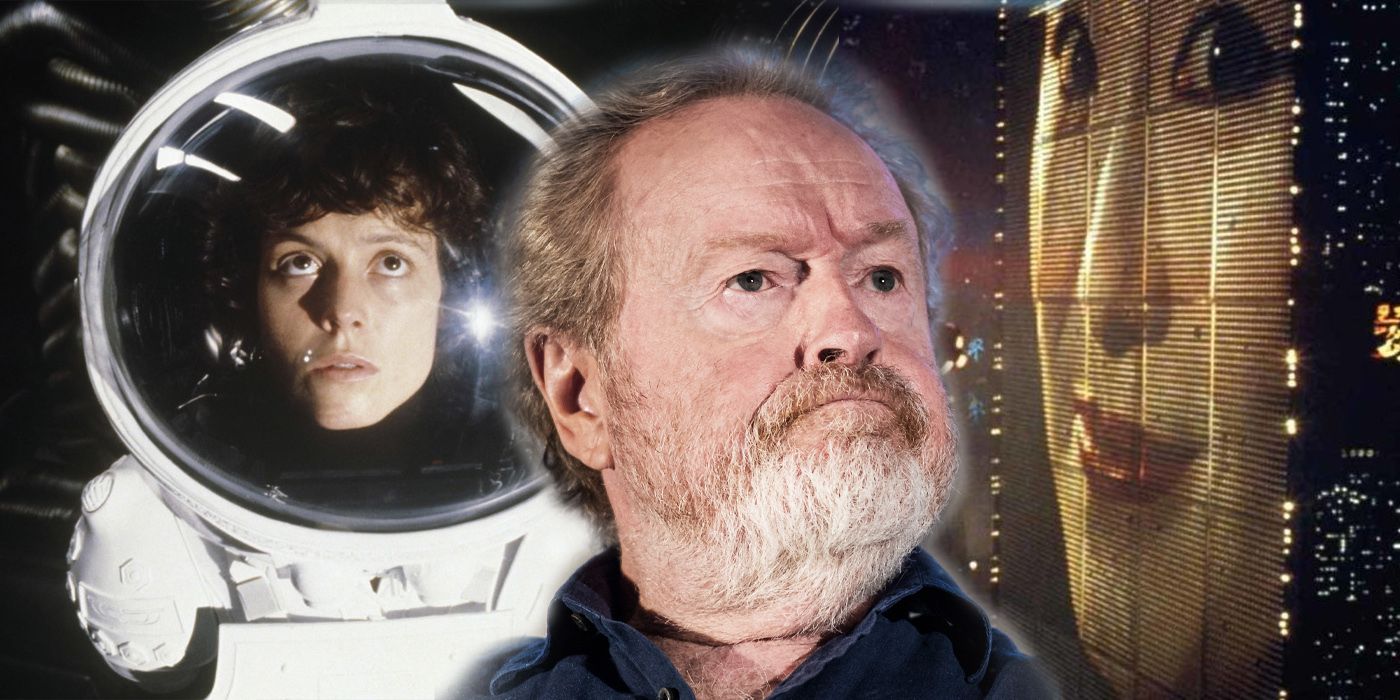
For over 50 years, Sir Ridley Scott has been a consistent feature of film, television, and even commercials; it's a difficult task to rank his movies, given how many iconic titles are under his belt. From Exodus to Alien, the director's career has spanned some of Hollywood's best — and worst — pictures in recent years.
As a working-class kid from South Shields, England, Scott and his brother, the late director Tony Scott, were influenced by classic sci-fi like 2001: A Space Odyssey and The Day the Earth Stood Still. Ridley eventually went on to make short movies and commercials as well as work on early serials of Doctor Who. Since making his feature debut, Scott has never stopped. He's dabbled in various styles and stories but remains best-known to the world for his science-fiction movies that helped establish a whole new era of the genre in cinema.
At the age of 82, Scott shows no signs of slowing down. He was working on the historical drama The Last Duel right when the coronavirus pandemic hit, he will make his television directing debut this year with HBO Max’s Raised By Wolves, and he’s also planning a biopic about the Gucci family starring Lady Gaga — and that doesn’t even include his extensive work as a producer in film and television! To celebrate his historic contribution to cinema, the following is a look at Scott’s filmography, ranking his work from worst to best.
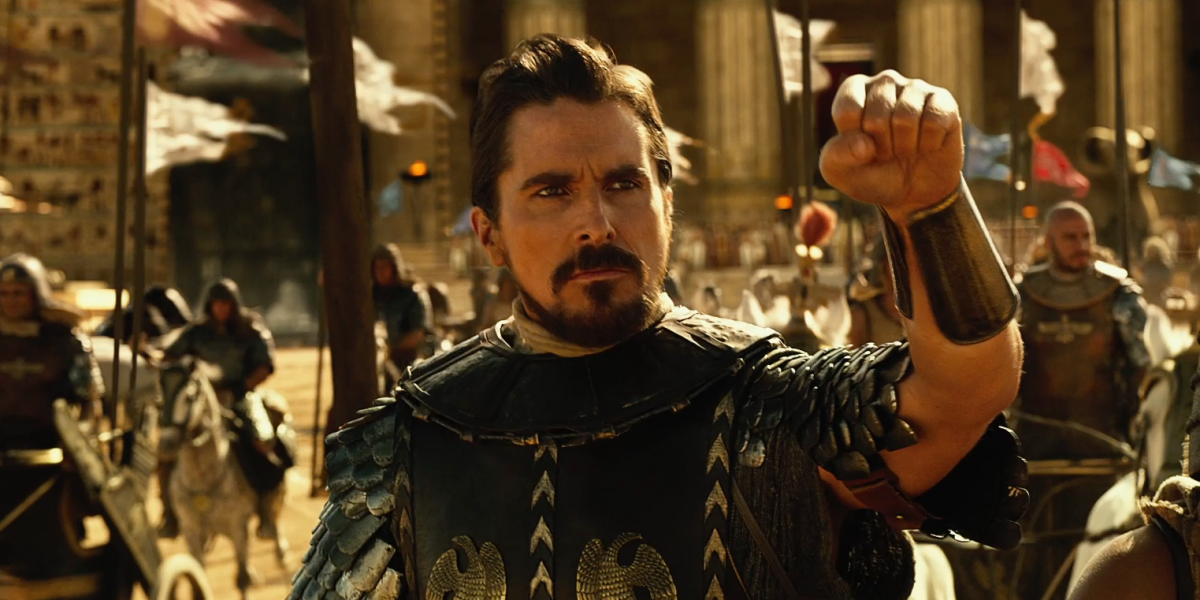
Everything about 2014's Exodus: Gods and Kings feels so staggeringly misguided, although it's not hard to see why Scott would have been drawn to the idea of making the sort of Biblical epics that Hollywood used to produce. The end result is disappointingly flat and seriously lacking in the grandeur and intensity that source material like the story of Moses desperately needs. Many modern-day blockbusters have been criticized for trying to make things too grim or edgy, and Exodus suffers a similar fate. There's no wonder in this tale of the might of God. Furthermore, the whitewashed casting doesn't do the movie any favors. Scott infamously claimed that if his "lead actor is Mohammad so-and-so from such-and-such...I'm just not going to get financed," a comment that further exposed Hollywood's racist blind spots. If the choice of Christian Bale as Moses helped to get the movie made then one would think that would have encouraged the actor to do more than phone it in. Scott has made far greater historical epics than this.
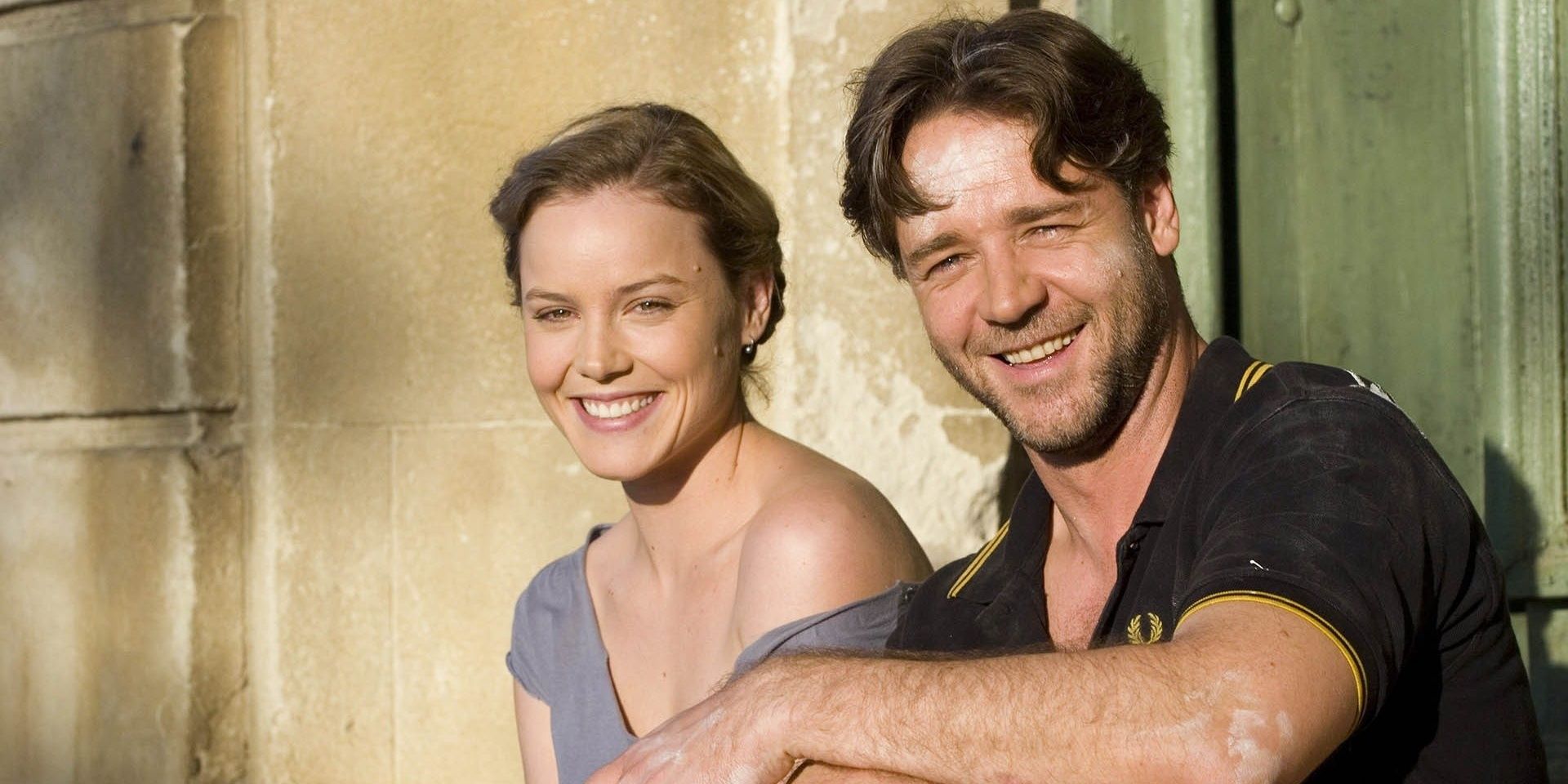
Scott and Russell Crowe made for a formidable duo with Gladiator and 2006's A Good Year was to be their first reunion following their Oscar-winning success. Alas, this romantic comedy about an arrogant yuppie who finds love and a sense of purpose at his family's vineyard estate in Provence was a limp effort on the part of everyone involved. It's not romantic — Crowe and Marion Cotillard's chemistry reaches negative levels of charm — it's not funny, and the entire affair feels limp and derivative of a dozen other stories about rich people finding themselves in beautiful locations. There's no real reason to sympathize with this rich jerk who has a beautiful apartment, a vineyard, family who love him, and the attention of one of France’s most beautiful actresses. A Good Year was a poor fit for Scott and Crowe in every single way.
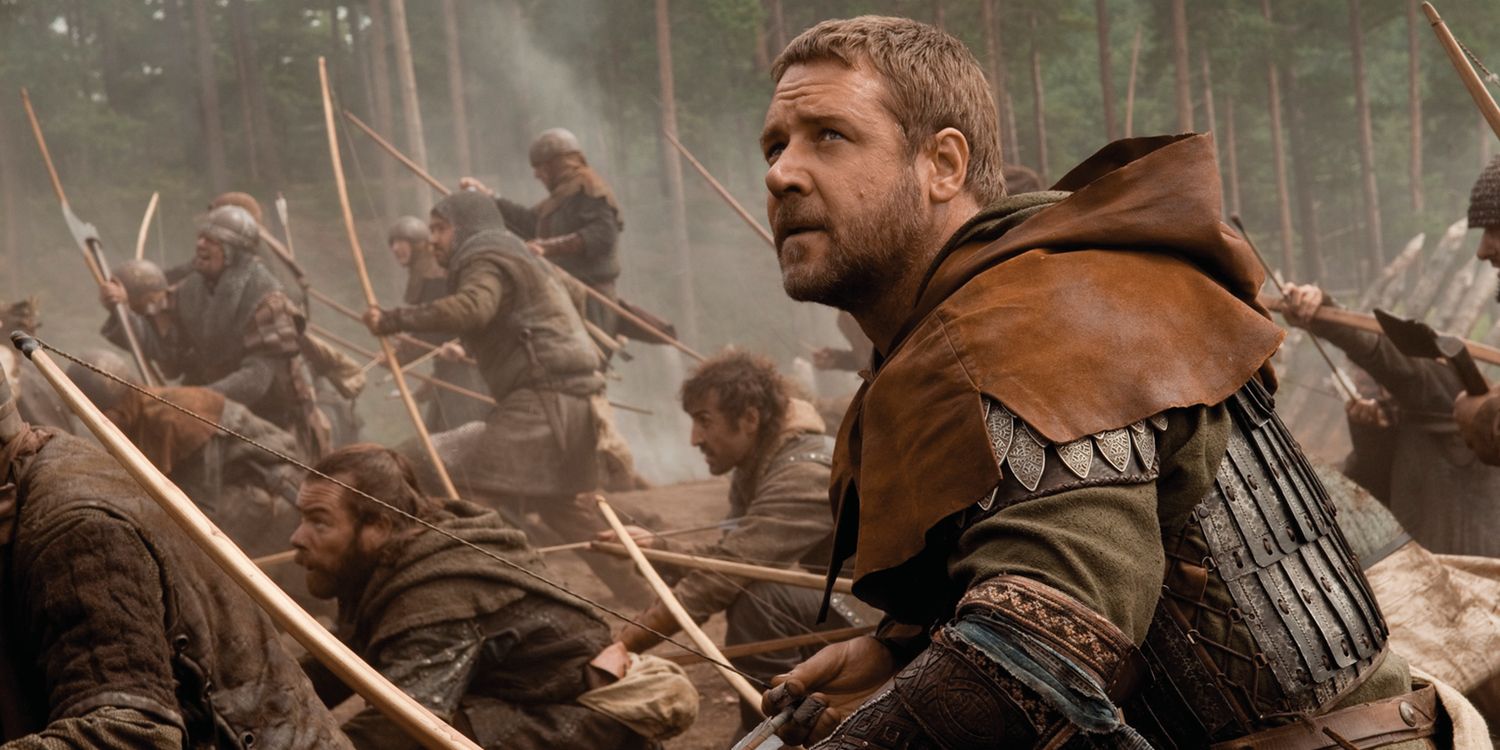
While A Good Year never made any sense as a Ridley Scott project with Russell Crowe in the lead, a big-budget reimagining of the Robin Hood tales seemed like a logical step for the pair to take. Audiences hoped that this movie, a more historically rooted take on a highly familiar story, would bring Scott back to his Gladiator heights. Instead, Robin Hood is a dishearteningly joyless slog that takes itself far too seriously. It gets the history wrong then doesn't even bother to have fun with the Hood lore itself. There's a deliberate lightness and sense of mischief to the Robin Hood stories that is completely absent in Scott's film, but there's also no real reason for audiences to invest in the portentous drama that has taken its place. The cast is strong, at least, although Crowe's accent was deeply confusing. Still, it's at least better than the most recent Robin Hood movie.
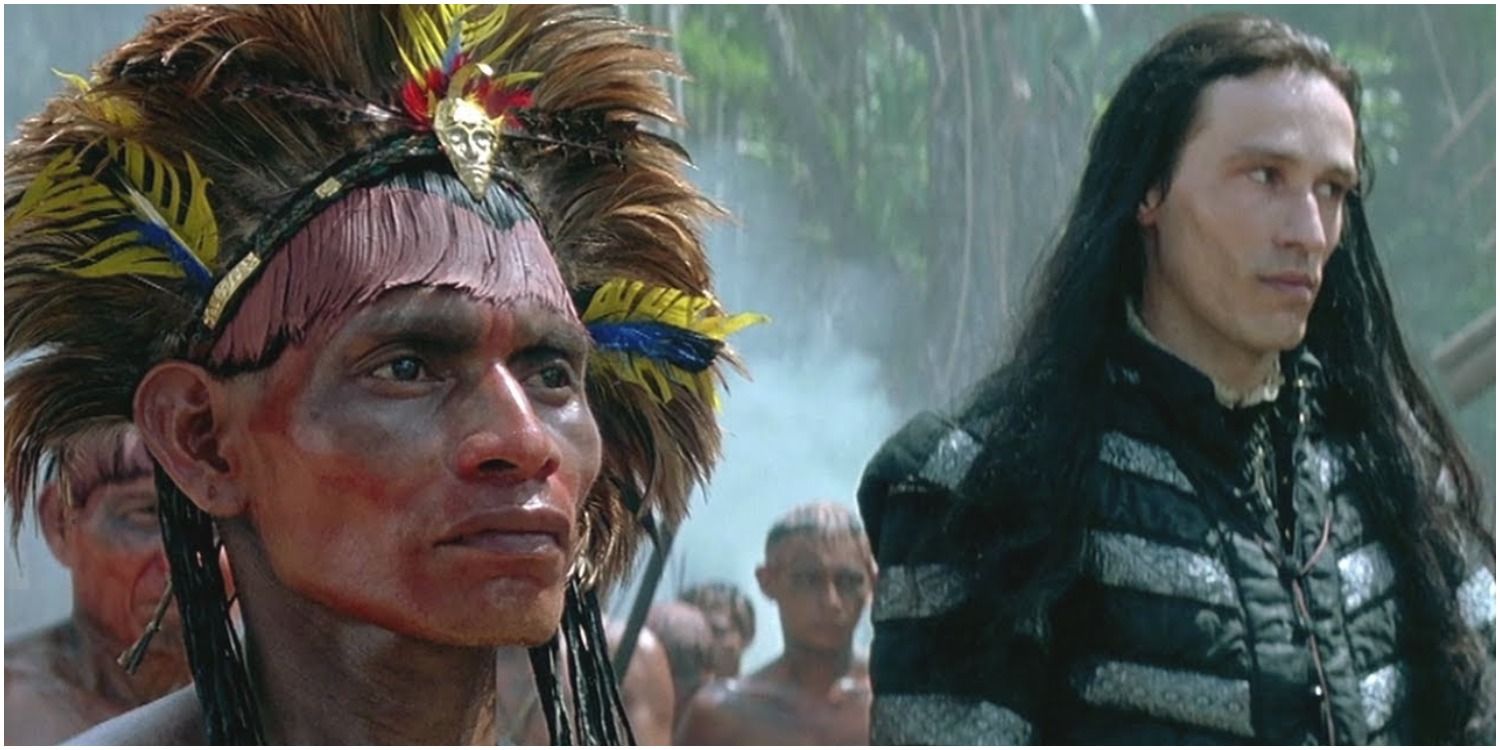
Paramount had grand plans for Scott's 1492: Conquest of Paradise, a fictionalized dramatization of Christopher Columbus's travels to the New World. They even ensured that it would be released in time to celebrate the 500th anniversary of Columbus's voyage. Unfortunately, the film itself is an overlong history lesson that cuts out most of the history in favor of lore and pretty scenery. It never stops being distracting that the Italian Columbus is played by a Frenchman, Gerard Depardieu, who is clearly struggling with the English dialogue. Most insultingly, the movie treats Columbus himself as a saint-like figure contrasted against the terror of another explorer, Adrián de Moxica. It’s an offensive whitewash of history that reduces Columbus to an almost cutesy hero rather than a violent genocidal rapist who giddily tortured the indigenous population.
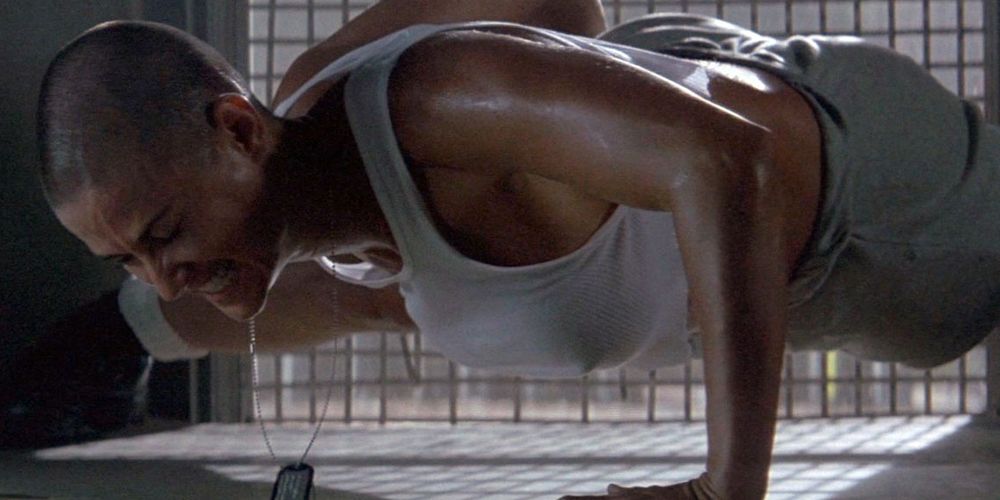
Demi Moore was infamously lambasted for her performance in G.I. Jane, in which she plays a Naval officer who becomes the first woman to undergo training in U.S. Navy Special Warfare Group. At the time, she was an easy tabloid target, and in hindsight, her performance here is actually very interesting, balancing bombast with fragility and the weight of smothering expectations. The real problems lie with the rest of the movie. Many of the film's moments pack a real punch, especially in showing the sheer brutality of the training Moore's character is put through. While its intentions are noble when it comes to tackling issues of misogyny, it's all too ham-fisted to make the impact it wants to. This is a story that needed a more layered approach than G.I. Jane is willing to give.
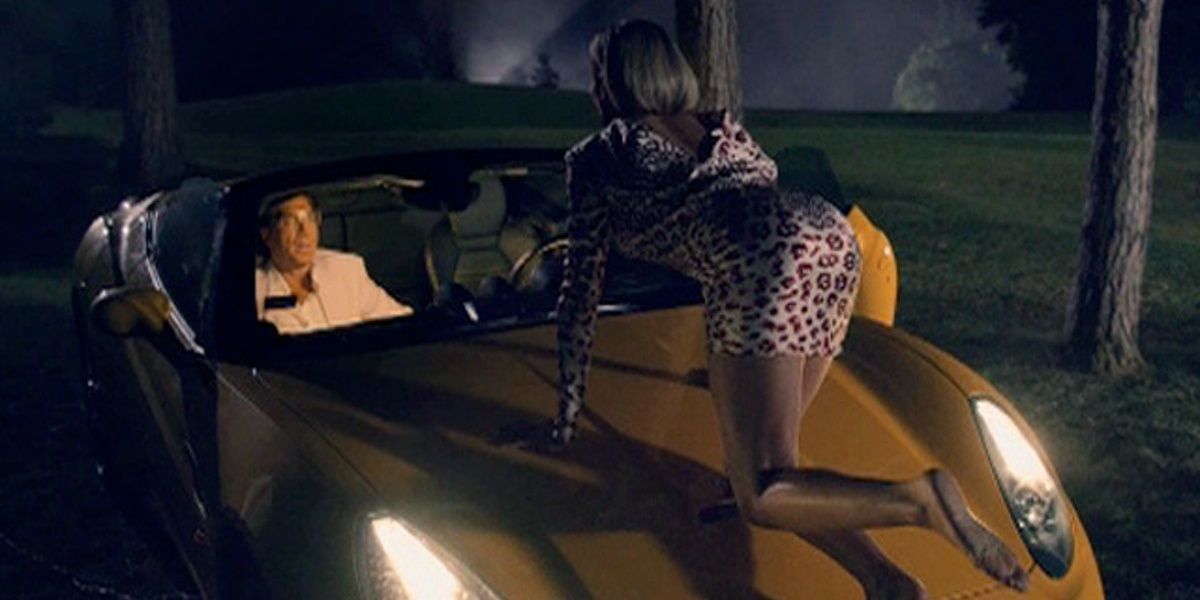
There may be no movie more bonkers in Scott’s filmography than The Counselor, a movie that arrived amid an explosion of hype. How could it go wrong when you had Ridley Scott, Pulitzer Prize-winning author Cormac McCarthy, and a cast of Oscar winners and nominees that included Javier Bardem, Michael Fassbender, Brad Pitt, and Penelope Cruz? Ultimately, this wordy and tough-to-describe crime thriller is nigh incomprehensible. McCarthy's dialogue doesn't work as well on-screen, even when it's being delivered by some of this generation's finest talents. There's a fascinating grimness and ugliness to the movie that may prove divisive to some, but Scott doesn't seem to have a handle on any of it. The glorious bright spot of The Counselor is a giddily off-the-hinge performance from Cameron Diaz, part femme fatale, part drag queen, that culminates in one scene where she essentially has sex with Javier Bardem's car. It's just as weird as it sounds.
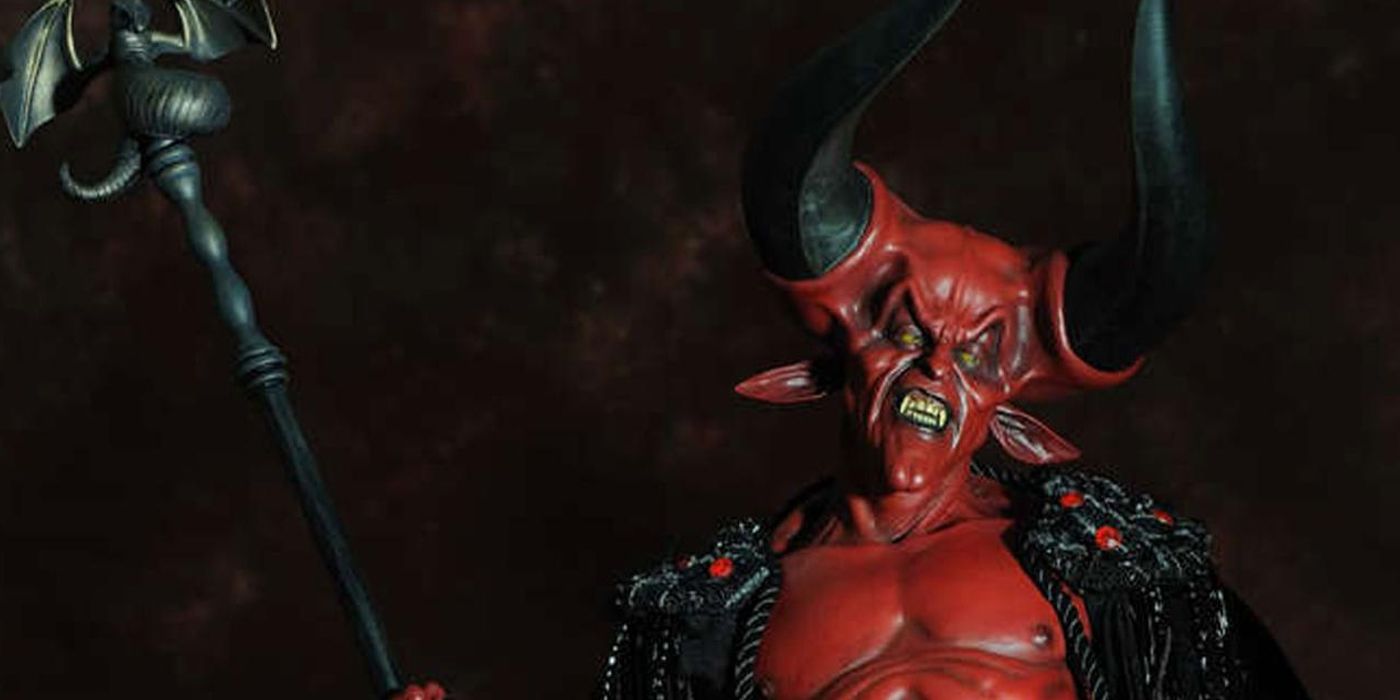
After helping to redefine sci-fi with Blade Runner, Scott decided that he wanted to do the same with fantasy, so he joined forces with William Hjortsberg for the lavish 1985 movie Legend. Inspired by the Brothers Grimm, early Disney animation, and the works of Jean Cocteau, Legend is certainly a feast for the eyes at every turn that nails the aesthetic of classic fairy tales. The story itself is as thin as a fairy tale rehash and feels extremely '80s in hindsight.
A young Tom Cruise, years before he would become the biggest star on the planet, is more petulant than charming, and he doesn't hold a candle to Tim Curry's scene-stealing work as the Lord of Darkness, complete with agonizingly detailed devil-style make-up that took five and a half hours to apply every day. Legend is best viewed through a dreamlike haze. Just don't think too hard about the story. John Boorman’s Excalibur did it all better four years prior.
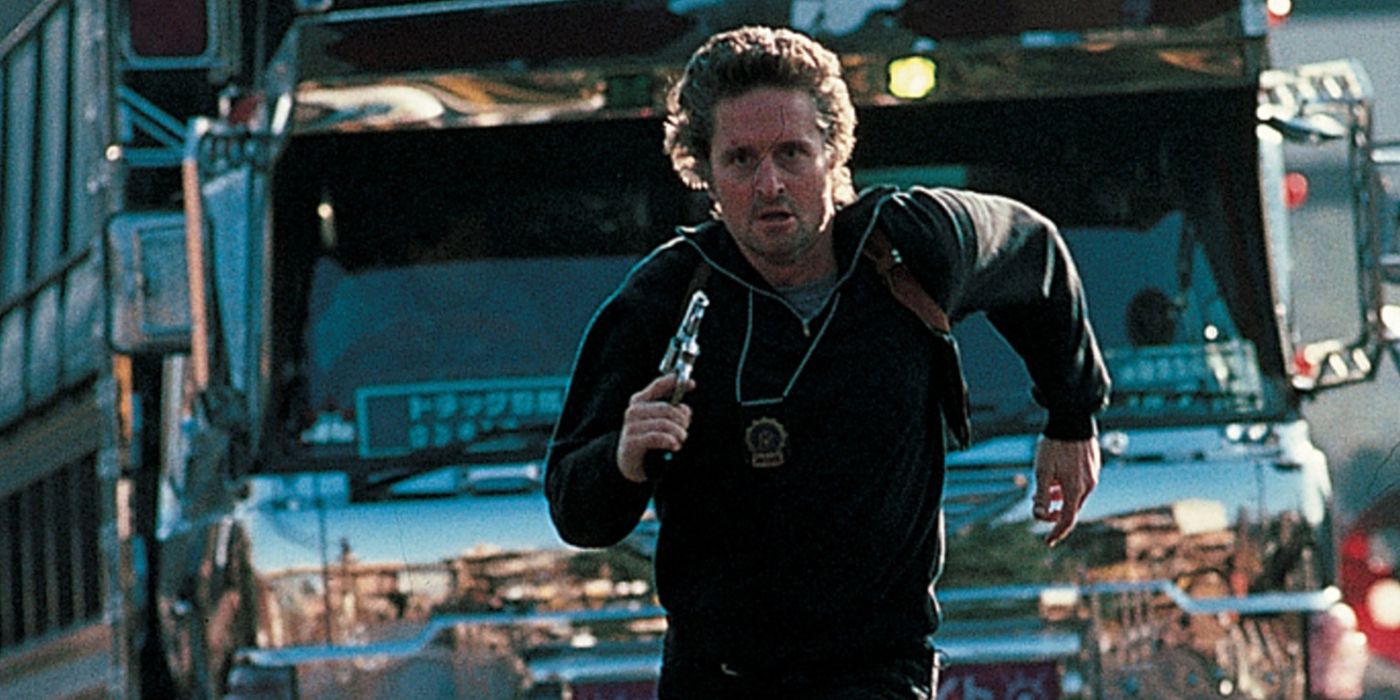
Scott has shown his prowess in all manner of genres and styles, and with Black Rain he shows off his skills in the cop thriller world. The '80s were overloaded with stories like this — the police officer who doesn't play by the rules, the job that goes wrong, the journey into the depths of the criminal underworld — and Black Rain isn't exactly the best of them. It is, however, wildly stylish. Still, that’s not enough to uplift a movie saddled with genre clichés and some questionably xenophobic attitudes towards its Japanese characters and its depiction of the Yakuza. Black Rain made money at the box office, mostly because its star Michael Douglas was commercial gold at the time, but Black Rain remains unspectacular. It feels like a film any journeyman studio director could have made, which isn’t good news for Scott.
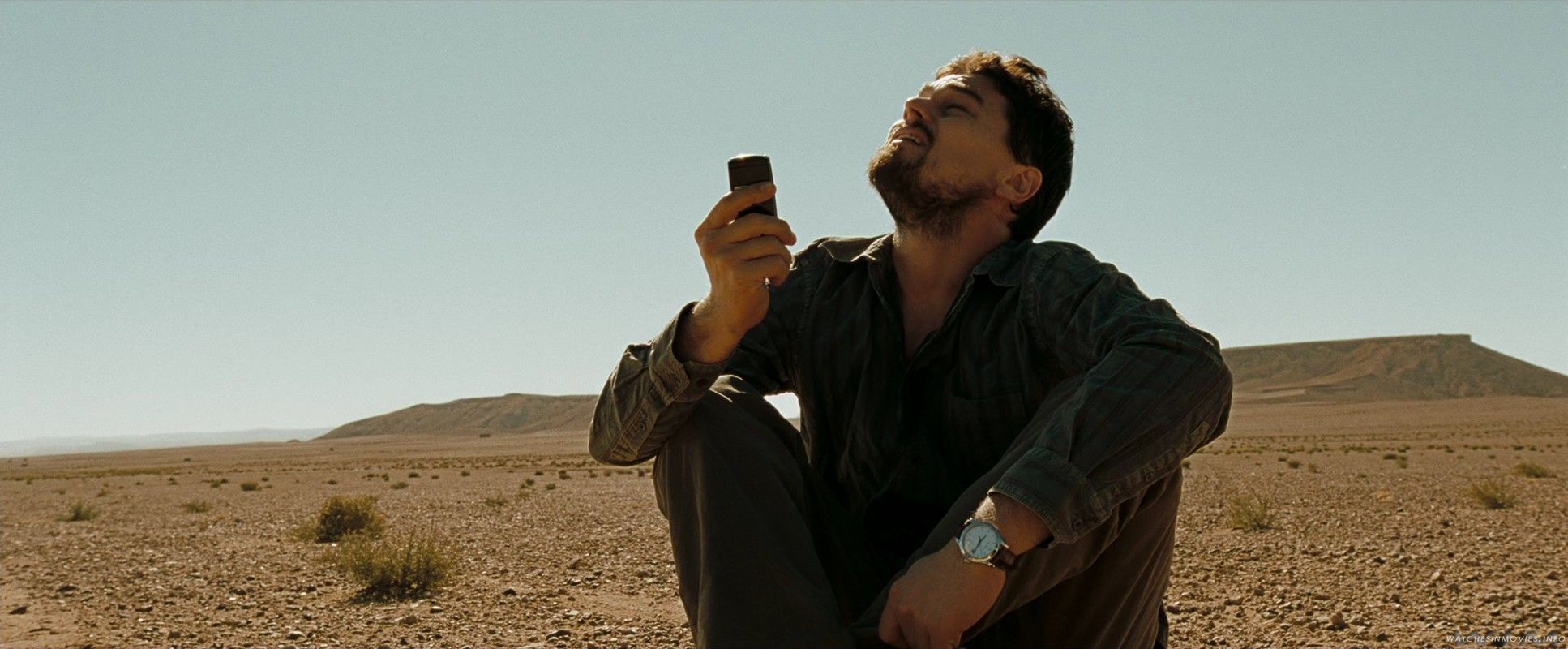
Body of Lies is one of those movies that's so jam-packed with skill, ideas, and obvious potential that you can't help but be confused as to how that enviable combination resulted in something so derivative. Based on a novel by David Ignatius, this action-drama about the CIA's attempt to capture an Islamic terrorist includes a murderer’s row of acting talent — Leonardo DiCaprio, Russell Crowe, and Oscar Isaac, to name but three — then saddles them with stock thriller roles that could be found in any number of similar movies. The film itself is slick enough and joins all the dots — but to what end? It’s fine but ultimately unnecessary unless you’re a Ridley Scott completionist.
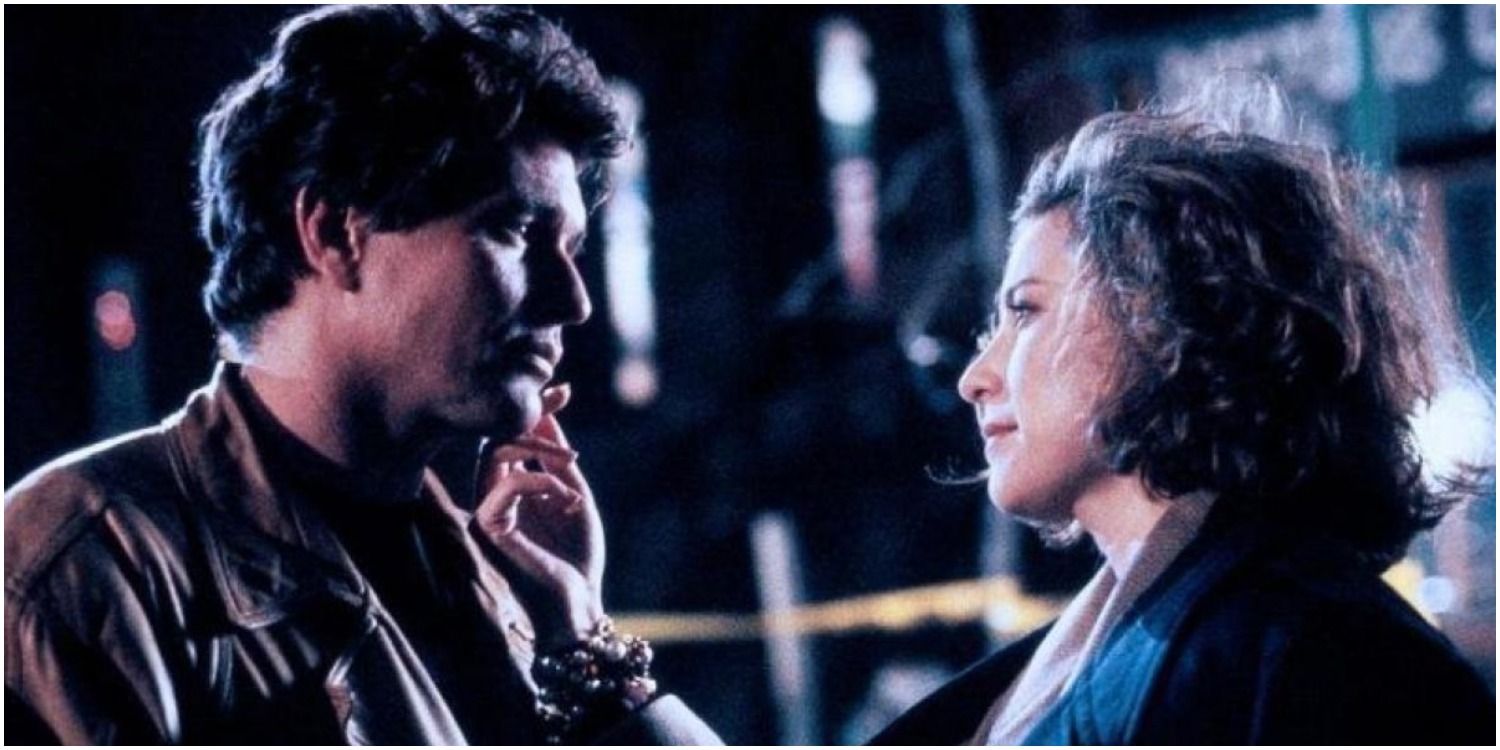
Between Blade Runner and Thelma and Louise, Scott found himself in a bit of a rut during the 1980s, with a string of flops that left critics wondering if the director could really do anything outside of sci-fi. He followed up the fantasy of Legend with the slick noir-inspired crime thriller Someone To Watch Over Me, starring Tom Berenger as an NYPD detective who becomes embroiled in an illicit affair while investigating a mob murder. It’s certainly a stylish film but one devoid of fun or thrills, despite the best efforts of the cast and a more frenzied third act.
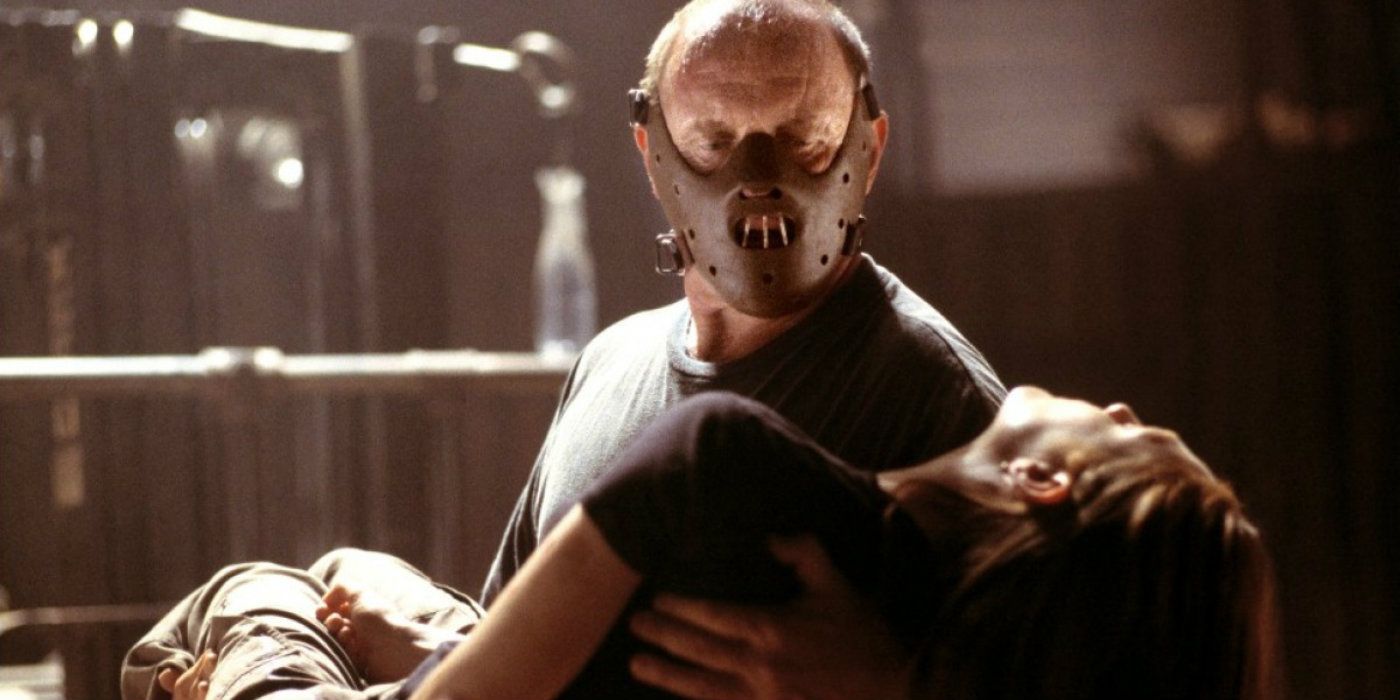
Scott took on the unenviable task of directing the follow-up to The Silence of the Lambs, Jonathan Demme’s multi-Oscar-winning thriller that made household names of Hannibal Lecter and Clarice Starling. The Thomas Harris book was deeply divisive with fans and took some seriously strange turns that Scott and screenwriter Steven Zaillian (with contributions by David Mamet) mercifully decided to avoid. A lot of Hannibal is actually pretty fascinating, especially the deeply atmospheric scenes set in Venice, which were also the best part of the book.
Julianne Moore is an excellent actress, but it’s hard not to feel the absence of Jodie Foster in that beloved role. A big problem with Hannibal is less the movie itself than the reality that sheer cultural overload and endless parodies had long since rendered Anthony Hopkins’s cannibal psychiatrist more funny than scary, and despite a truly repulsive turn by Gary Oldman as the main villain, Hannibal simply cannot conjure up the true tension of Silence of the Lambs. Eventually, the NBC TV series Hannibal would bring back the book’s more surreal elements and do them justice.
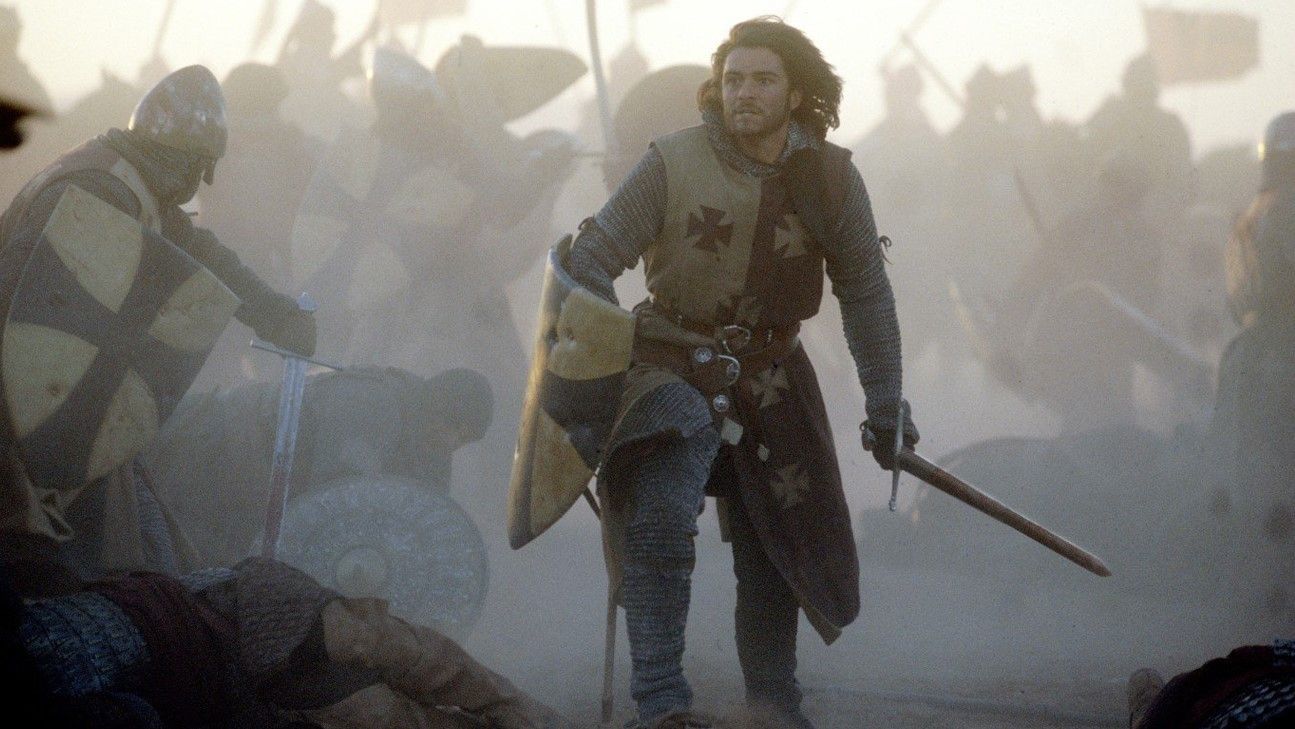
When talking about Kingdom of Heaven, it is important to remember that the version that made its way to theaters in 2005 is by far the inferior cut of the movie. Hoping to replicate the financial and critical success of Gladiator, 20th Century Fox panicked at the lukewarm preview screenings and had 45 minutes cut from the runtime. The end result was a deeply flawed historical drama with obvious holes throughout.
Orlando Bloom was the hottest star on the planet at the time and casting him may have been a smart business choice, but artistically it was a mistake — he was nowhere near ready to handle a role of this heft or complexity. He's acted off the screen by co-stars like Eva Green, Edward Norton, and Jeremy Irons. The theatrical cut flattens out some of the nuances of this tangled period in history, which makes the film weaker than it should have been.
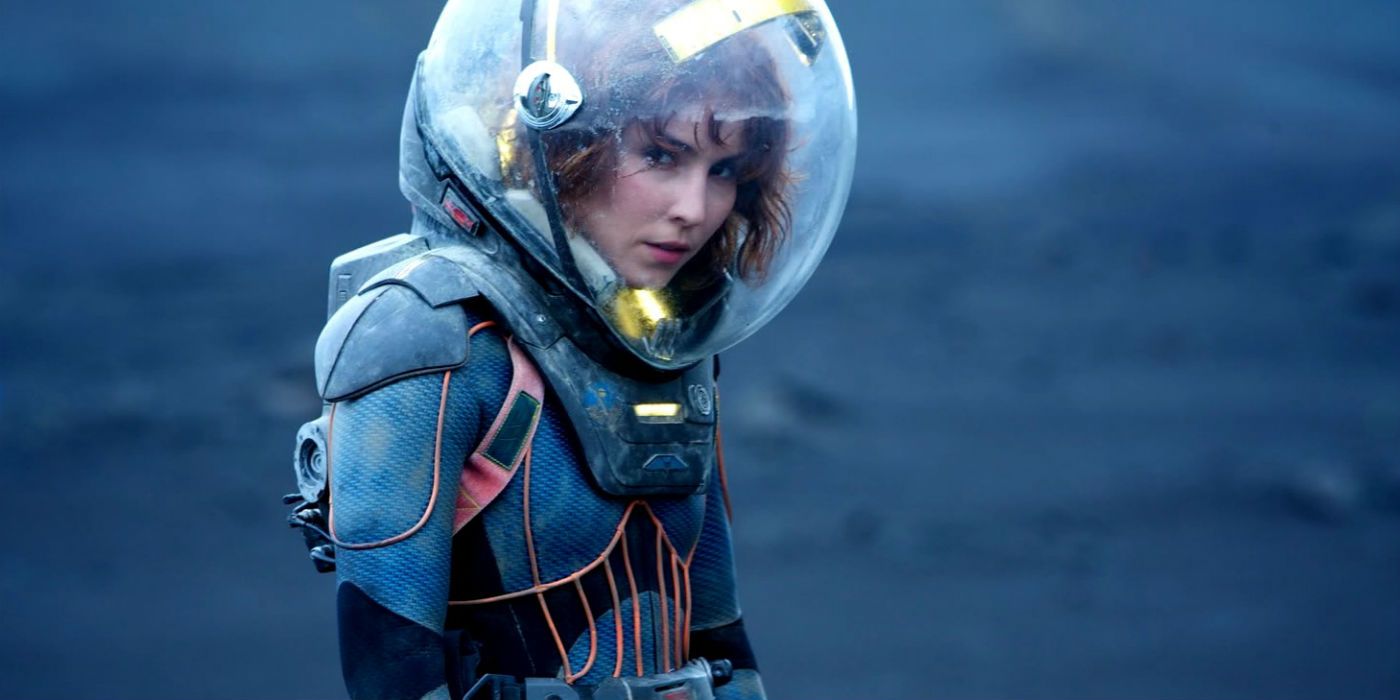
Scott’s return to the franchise he helped to launch was a major deal for Alien fans, so Prometheus certainly had weighty expectations resting upon its shoulders. Did it succeed in passing them? Not exactly, but the end result is still a fascinating, if evidently flawed, sci-fi horror prequel. Scott has always had a keen eye for casting and Prometheus benefits from the inclusion of figures like Noomi Rapace, Charlize Theron, Idris Elba, and a scene-stealing Michael Fassbender. Its biggest weakness lies in overwhelming the story with exposition that the original never needed, all to provide a backstory that has intriguing moments but is less satisfying as a whole than its individual parts. It does, however, benefit from astonishing production design and perhaps the most terrifying abortion scene in all of sci-fi cinema.
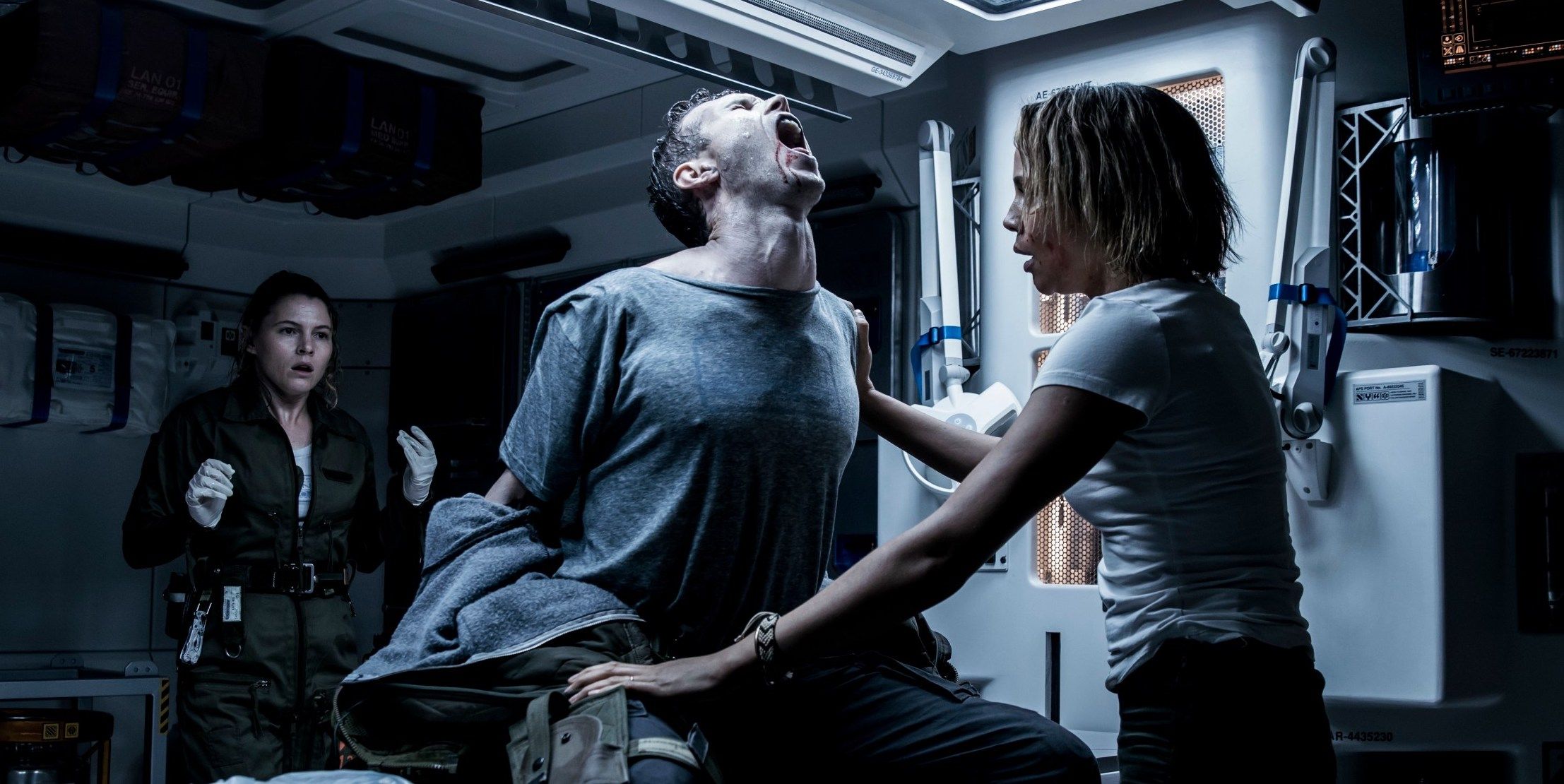
Scott's Alien: Covenant shares many of the weaknesses of Prometheus, but it's buoyed by its sheer bleakness. The echoes of Frankenstein ring heavily throughout what may be the darkest entry in the Alien series as it delves fully into the recesses of humanity's arrogance. More unsettling than the aliens themselves is Michael Fassbender, who plays not one but two identical androids who represent the ultimate questions of artificial intelligence and free will. Watching Fassbender flirt with himself — and having surprisingly excellent chemistry as a result — is a strange high-wire act of intrigue and morbidity, and Fassbender’s dual performances fully display his talents as a leading man. The Alien franchise has never been big on happy endings but the pure nihilism of Alien: Covenant’s conclusion, and the idea that humanity’s destruction by its own hand may be necessary for the evolution of the universe as a whole, is sharply radical for a 2010s blockbuster.
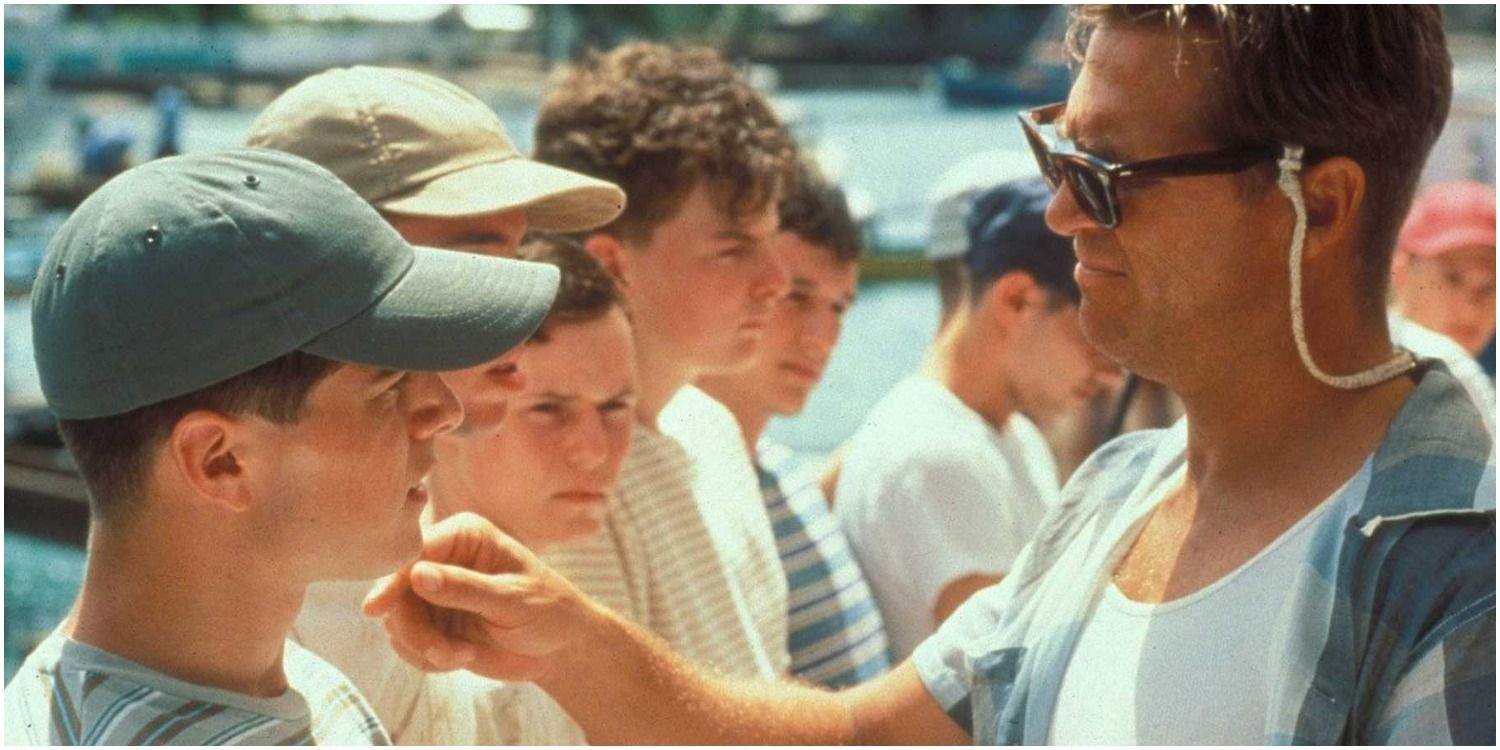
Based on the 1962 book The Last Voyage of the Albatross by Charles Gieg Jr. and Felix Sutton, White Squall is a coming-of-age drama with a disaster edge. Jeff Bridges plays a captain in charge of a sailing trip with a group of young boys that goes horribly wrong when a freak storm hits their vessel . All of the movie's best scenes are set on the ship, and unfortunately there's just not enough of them, but what Scott offers viewers is exuberant nonetheless. Bridges is particularly riveting and has strong paternal energy with his young cast that includes Ryan Phillipe and Scott Wolf. It’s just a shame that the rest of the movie isn’t as lively or forceful as it is during the ship scenes.
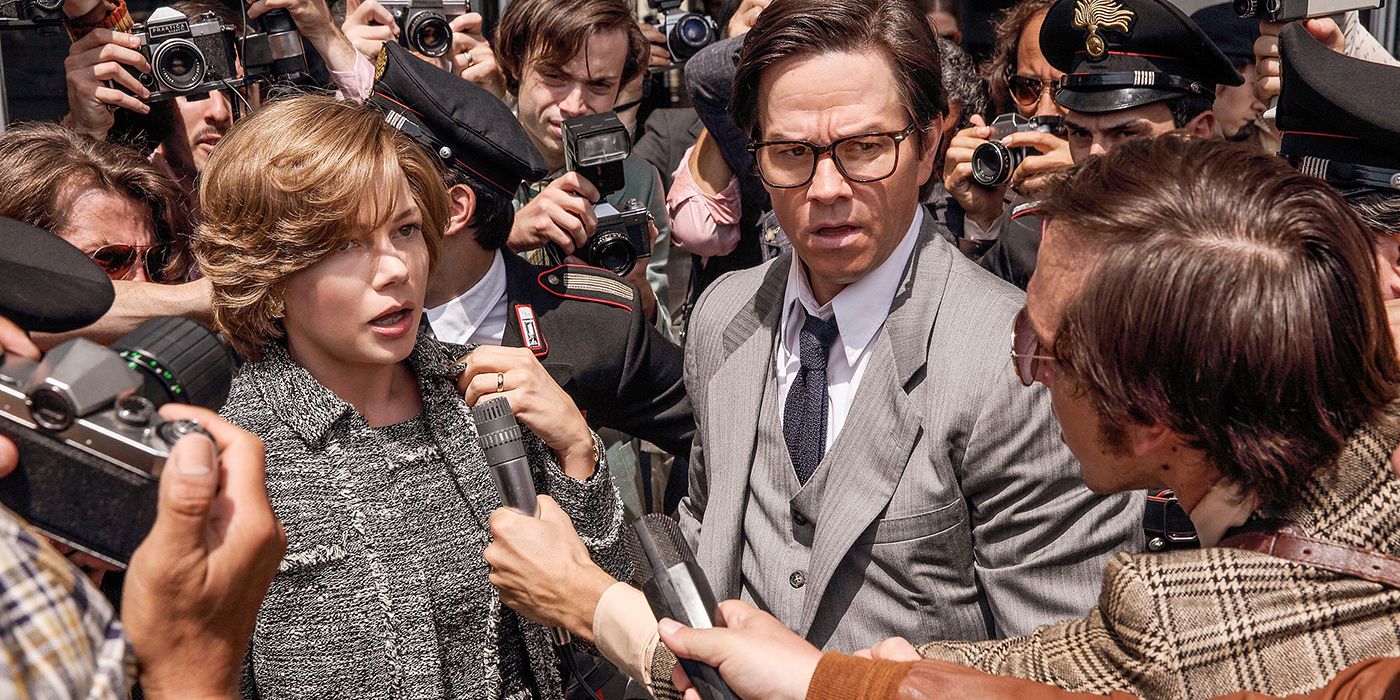
It’s hard to think about 2017’s All the Money in the World as just a movie, given the drama that surrounded its post-production and the dramatic reshoots the film underwent to entirely recast one of the main actors. As a sheer feat of cinematic commitment, it’s incredibly impressive that Scott removed Kevin Spacey from the narrative and replaced him with Christopher Plummer in only eight days of shooting, a month before its premiere (Plummer went on to receive an Oscar nomination for Best Supporting Actor).
Ultimately, the final product is a sharp, dextrous thriller centered on a group of people who would be criticized for being ridiculous if they weren’t all real. There's a pitch-black humor in this dark story of a kidnapped young man and his miserly grandfather who refuses to pay the demanded $17 million ransom. All the Money in the World understands how money corrupts and the ludicrous ways it can poison even the simplest ideas or problems. While Plummer got all the headlines for his performance – and he really is very good here, so good that you wonder why he wasn’t just cast in the first place – but the real star of the show is Michelle Williams, who conveys the agony and frustration of being yet another pawn in a rich man’s world.
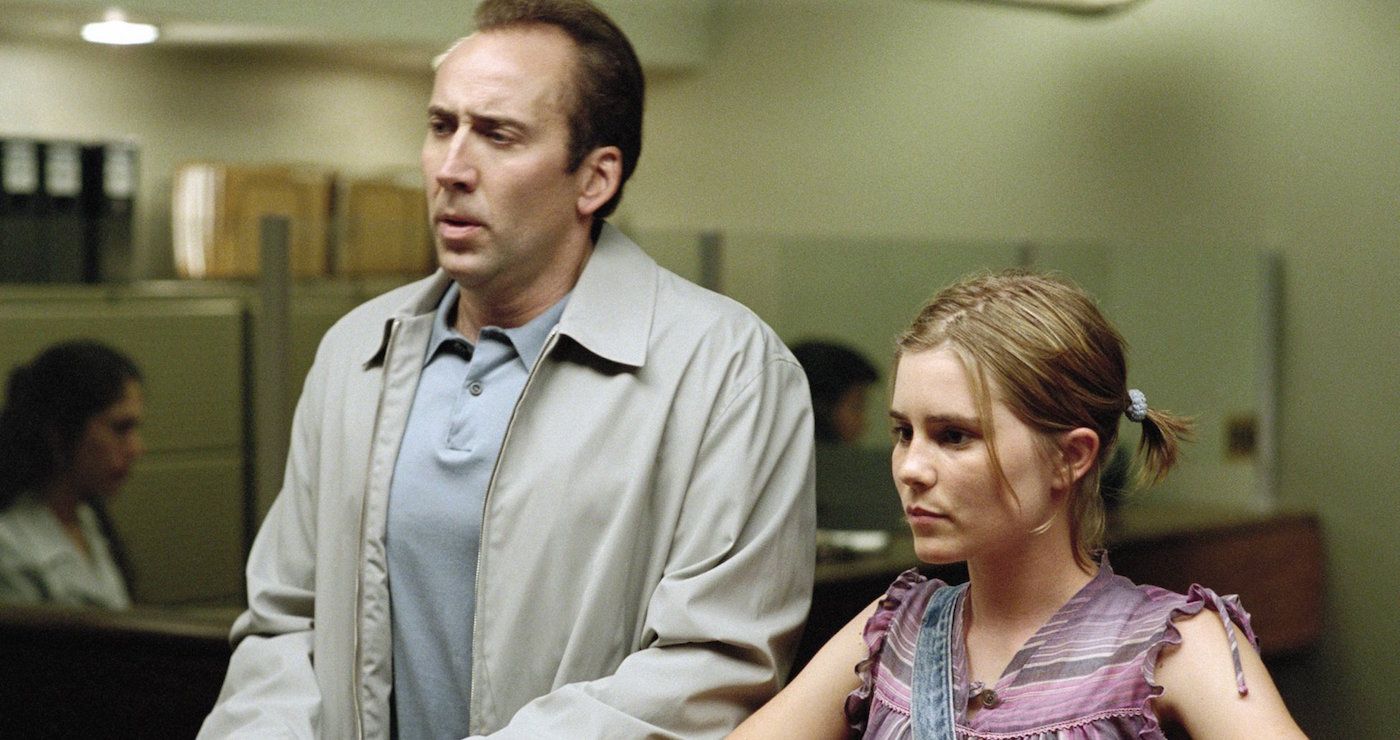
Nicolas Cage may dominate our pop culture perceptions as a cinematic mad-man and king of the B-Movie nowadays, but it's always a delight to see a film where you're reminded of just how brilliantly engaging a performer he can be when given material he can really sink his teeth into. 2003's Matchstick Men sees him play a con man with Tourette’s and OCD who begins to question his career after a series of panic attacks and the discovery that he has a teenage daughter. The laughs are more general than riotous here and it's about as sentimental as Scott ever gets but the central character work of Cage, a scene-stealing Sam Rockwell, and the sinfully underrated Alison Lohman are wholly worth the ride. Scott’s filmography is jam-packed with titles you may not have seen but it’s Matchstick Men that remains his most overlooked, and the one that desperately needs reconsideration.
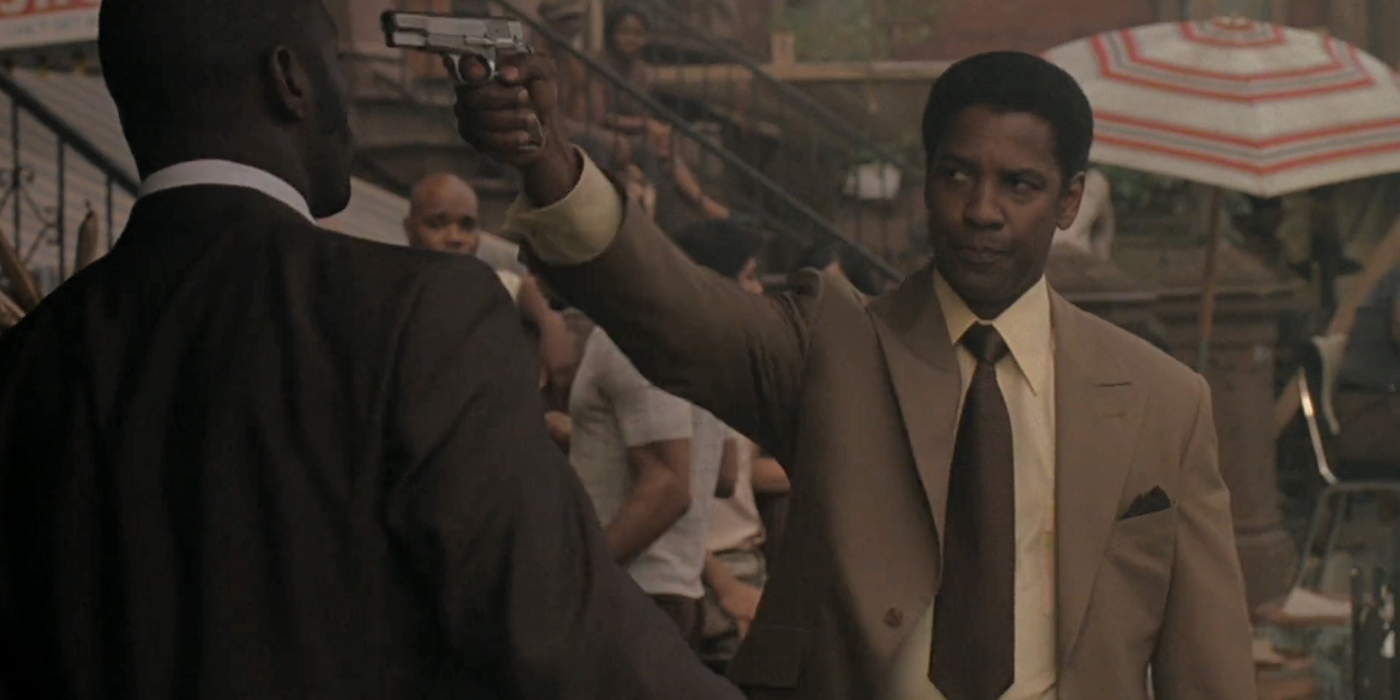
Scott's gangster drama about the criminal career of drug trafficker Frank Lucas, who smuggled heroin into the country on planes returning from the war in Vietnam, was criticized extensively for seemingly romanticizing the plight of its protagonist and painting him as the true hero of the tale. He’s hardly the only director to face such claims — just ask Martin Scorsese — and while he does seem to display a certain fondness for his bad guy, American Gangster is much savvier than those critics gave it credit for. The movie is a sly subversion of the tale of the hard-working entrepreneur who makes up the backbone of the so-called American Dream. The movie shows Lucas as a near-mythic character at times because that's how history has begun to view such figures. Denzel Washington is in fine fiery form but never at the expense of the ego and nihilism that permeates Lucas's ambition.
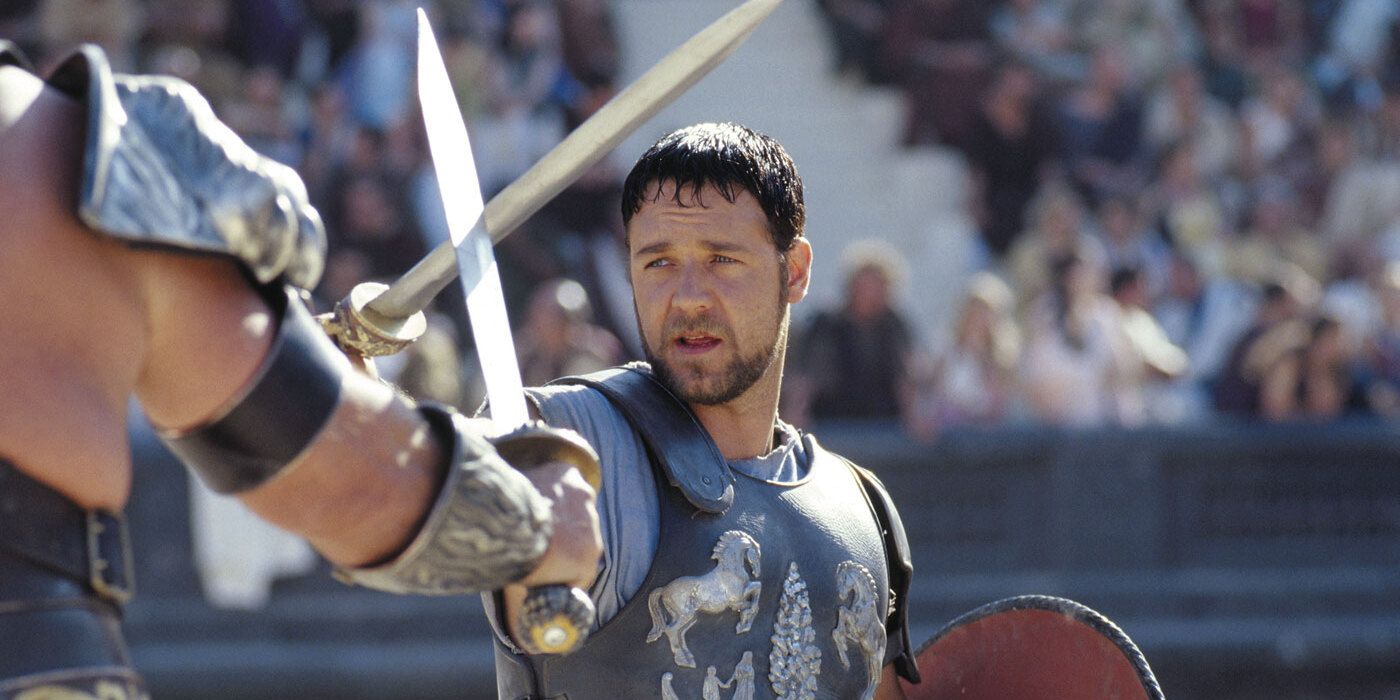
It’s become commonplace nowadays to downplay Gladiator’s technical skill and sheer entertainment value, or to write off its Best Picture Oscar win as one of the Academy’s many mistakes. This cynicism does nothing to quash the fact that 2000’s Gladiator is an absolute blast of a movie, and perhaps Scott’s most wholeheartedly enjoyable piece of work. It’s a classic homage to the swords and sandals epics of old Hollywood, akin to Ben Hur and Spartacus, with Scott demonstrating a keen eye for historical detail and striking action set-pieces. It’s a simply-drawn tale of good versus evil and honor through bloodshed but not a crudely told tale. Crowe is excellent in the lead but the absolute scene-stealer of the ensemble is Joaquin Phoenix as the sniveling emperor who manages to be deeply menacing even though he has the patience and emotional tenacity of a toddler (Phoenix’s turn here would go on to be highly influential in pop culture, with Joffrey from Game of Thrones being one notable example of a villain inspired by Gladiator).
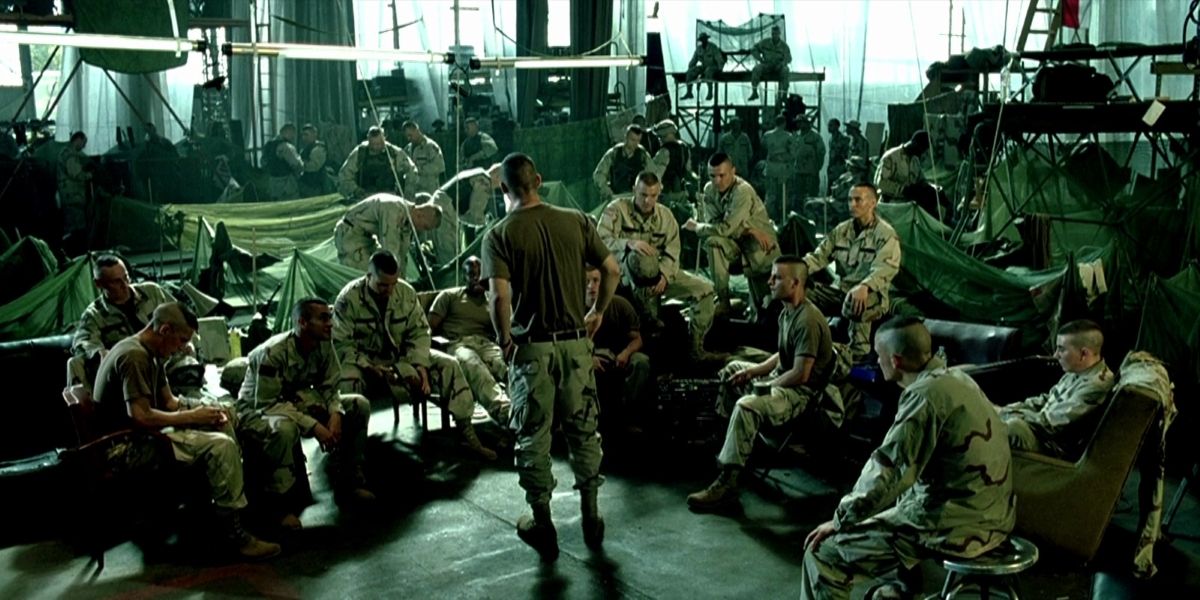
Scott’s war drama from 2001 may not be the most pleasurable movie in his filmography to sit through, but it’s unbeatable in terms of pure immersion. Featuring a cast of literally dozens of recognizable faces — including Josh Hartnett, Ewan McGregor, Hugh Dancy, Tom Hardy, Jason Isaacs, Eric Bana, and Orlando Bloom — Black Hawk Down details in agonizing specificity the U.S. military's disastrous 1993 raid in Mogadishu, Somalia. This depiction of modern warfare is one tangled in socio-political complexities that manages to avoid so many of the genre’s more trite or sentimental clichés. What Black Hawk Down drives home is the reality that, regardless of how much the tools or tactics change over the decades, war is, always shall be, and frankly should be absolute hell.

Based on the novel by Andy Weir, The Martian was seen as something of a minor comeback for Scott, thanks to its major critical and commercial success, as well as the seven Oscar nominations it received (it also won the Golden Globe for Best Comedy/Musical, a decision that rightly seemed to baffle Scott). While one could argue over the semantics of this being a comeback for a director who has never really gone away, it is fair to say that The Martian is one hell of a movie. Combining a classic survival-and-rescue tale with a wider exploration of the awesomeness of science, the movie manages to be great fun without ever losing sight of its emotional center or the sheer terror of its central concept. This may be Matt Damon’s best performance as well as Scott’s funniest film (although its labeling by the Hollywood Foreign Press Association as a comedy is still somewhat suspect). It’s a much simpler tale than Blade Runner and a flashier one than Alien, but for everyone who wondered if Scott could still pull off that classic sci-fi movie magic, The Martian was all the proof they needed.
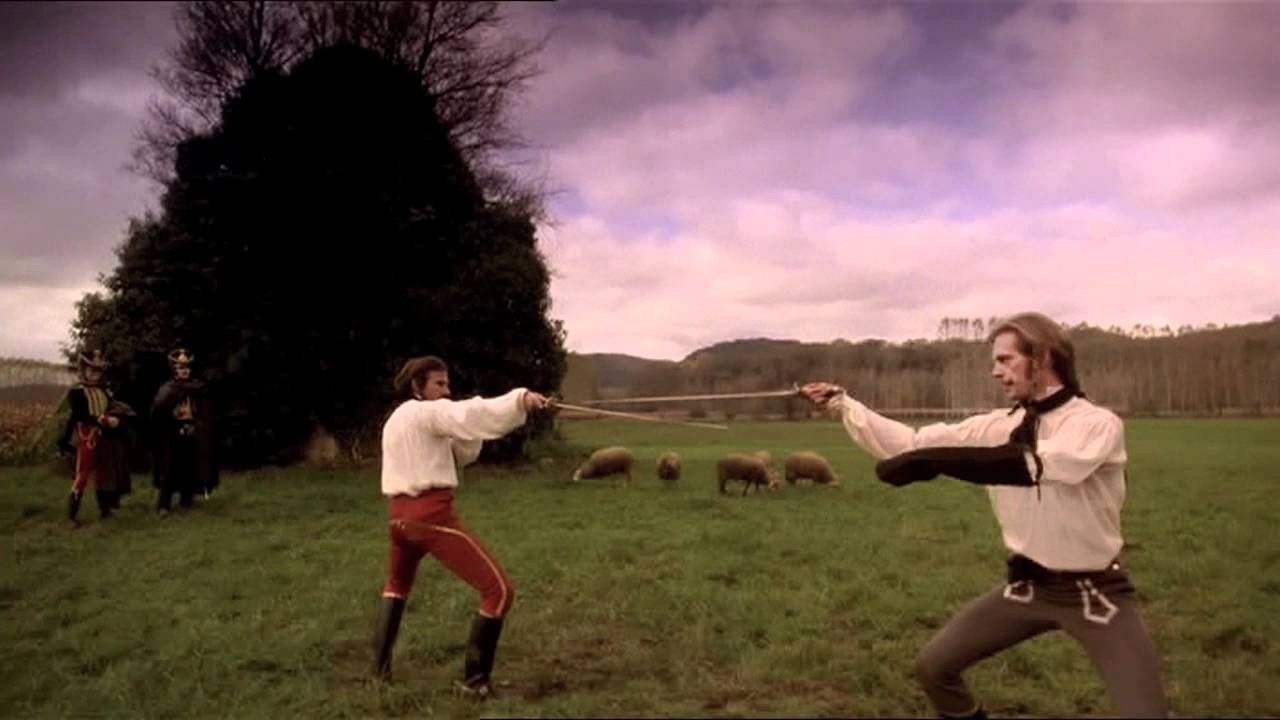
When Ridley Scott made his feature directorial in 1977 with the historical drama The Duellists, he was best known for making commercials, including one advert for bread that was later voted the UK's favorite commercial in a 2006 poll. He had a burgeoning talent for bringing the cinematic to the small screen in short narrative bursts, but now he had an opportunity to expand that into a full feature. The result was a gorgeous story of warring Napoleonic officers that earned Scott critical praise and several comparisons to none other than Stanley Kubrick. There’s a meticulous quality to The Duellists, especially in its production design and cinematography, that betrays the reality of this being Scott’s first-ever movie. Later on, Scott would be less concerned with fidelity to history, but The Duellists is remarkably authentic in every single detail (except for the American accents of Keith Carradine and Harvey Keitel). Forget being one of Scott’s best movies — this may be one of the best directorial debuts ever made.
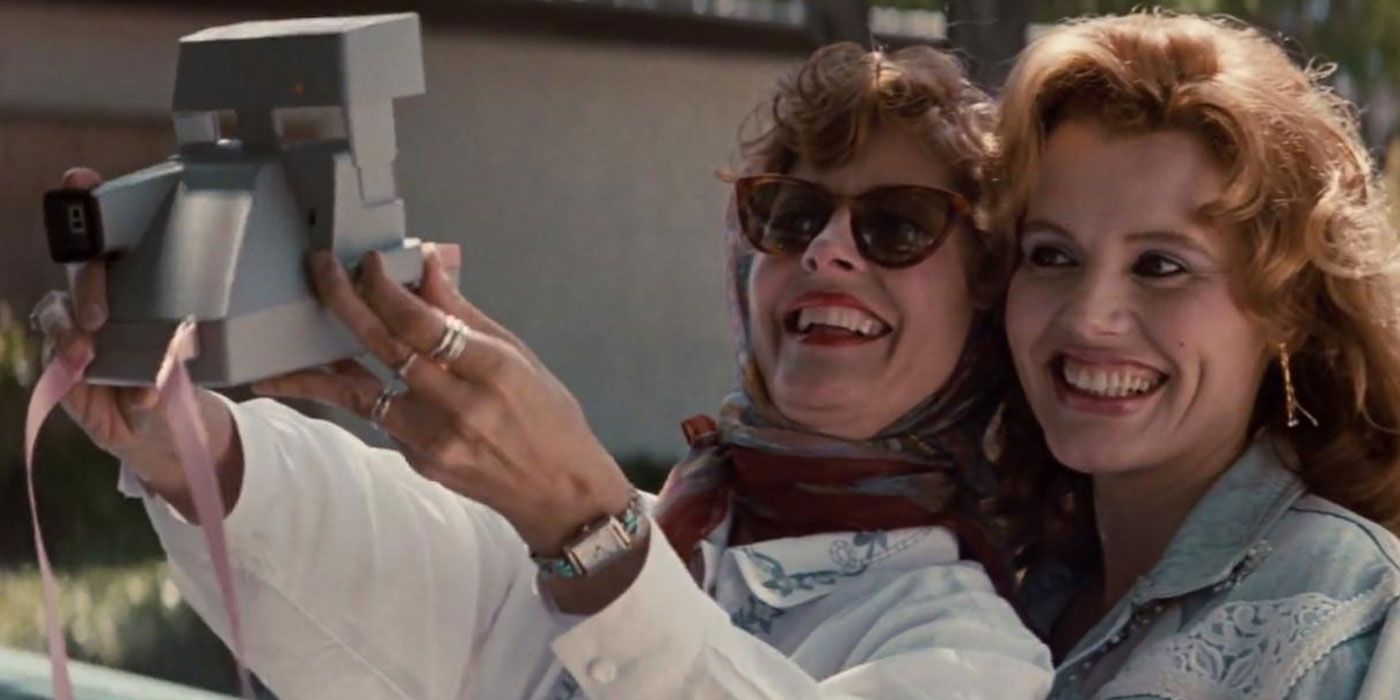
No film in Scott’s filmography matches the pure emotional punch that Thelma and Louise packs. Scott seemed like a curious choice for the movie at the time — a gruff English director best-known for sci-fi films who had had several flops in a row by the end of the ‘80s — yet he feels right at home in this modern-day Western centered on two best friends who try to outrun not just the law, but also the crushing agony of patriarchy. Turning the typically male-driven buddy comedy subgenre on its head, Thelma and Louise is uplifted by its vibrant portrayal of a loving, prickly, and deeply relatable friendship. Contemporary critics who sneered at the film by labeling it as “anti-male” missed the point: Living in a sexist world wears everyone down, but especially women, and their screams of freedom reverberate across the globe. It’s a film that embraces its Americana imagery (beautiful scenery! Country music! Brad Pitt shirtless in a cowboy hat!) while exposing the rot that makes misogyny so smothering to live with. That climax is also one of the true tear-jerkers of modern American cinema.
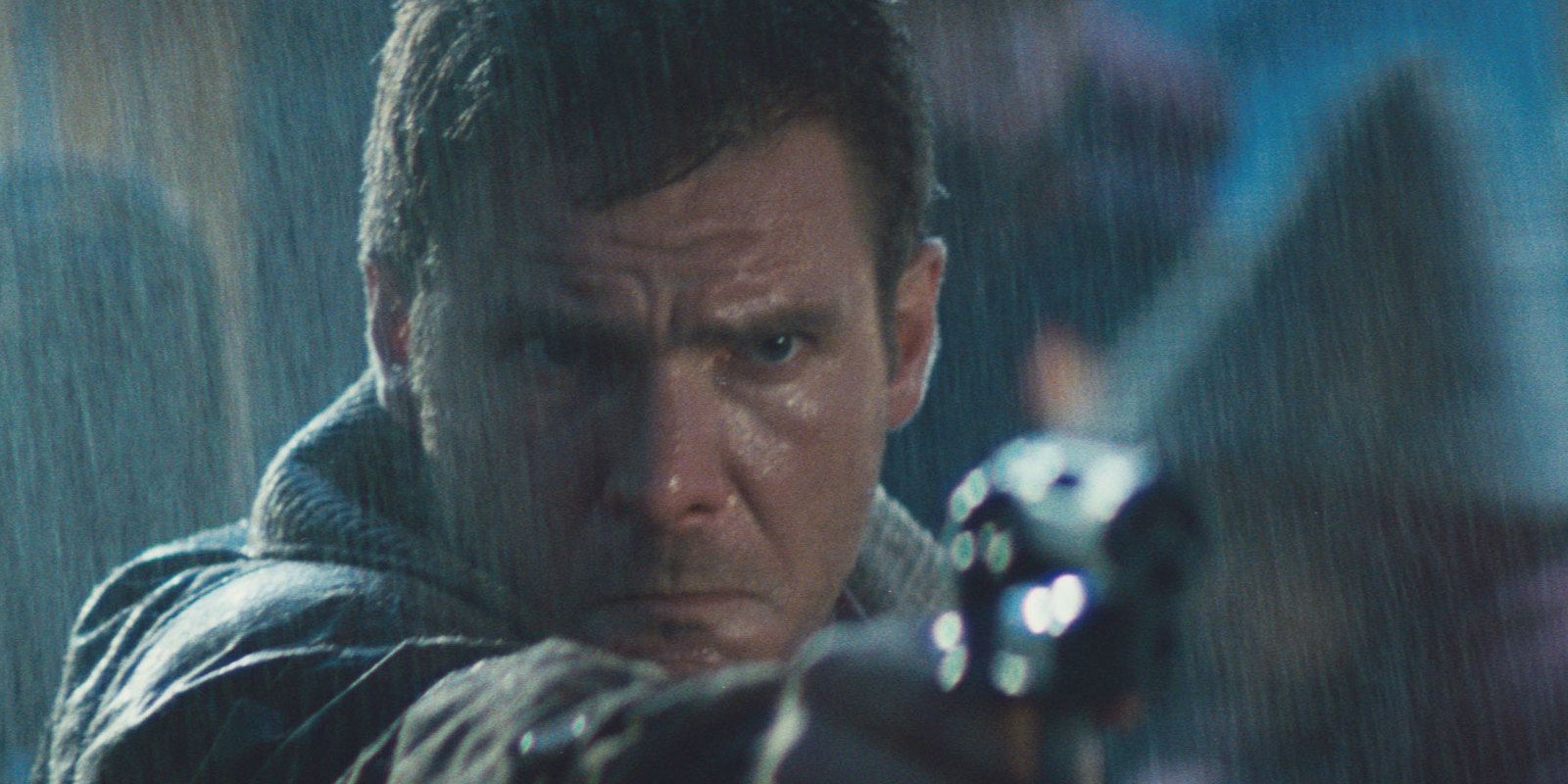
Regardless of which cut you watch – and there are plenty of arguments in favor or against every single version available – Blade Runner’s majesty remains undefeated. Perhaps Scott’s most impeccably composed movie, as well as his most intricately designed, this adaptation of Philip K. Dick’s Do Androids Dream of Electric Sheep was a critical and box office disappointment upon release in 1982. It took a few years before everyone caught up to its genius and rightly labeled it as one of the best sci-fi films ever made. Many of the movie’s critics derided the movie for its lack of humanity, but that assertion could not be further from the truth. Blade Runner is a story all about the complexities of emotion, be they organic or programmed, and the turmoil that those divides create. Scott would prefer that you watch The Final Cut – the only one he had any real control over – but regardless of which one you check out, Blade Runner endures as one of the greats.
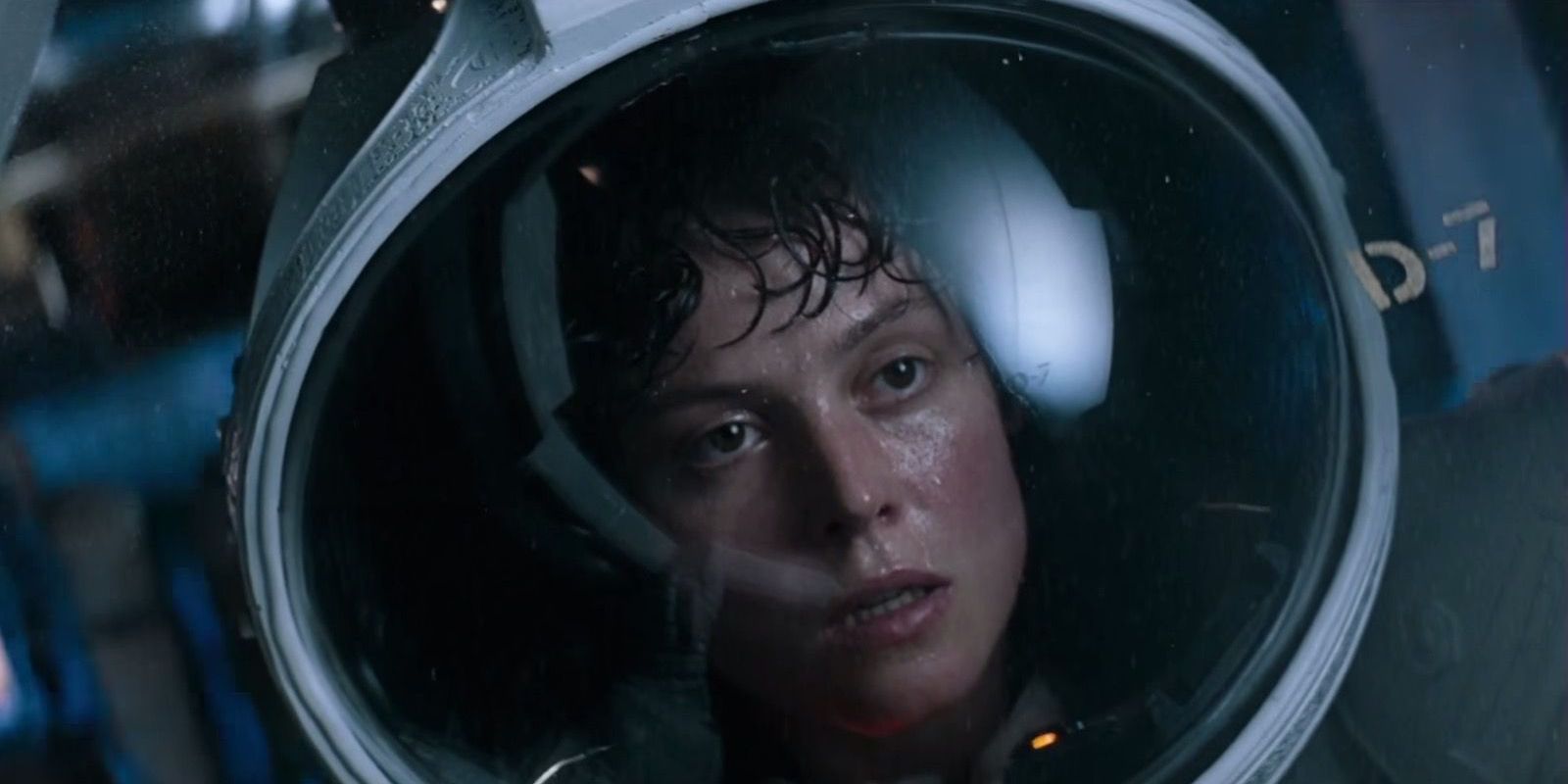
It’s staggering to remember that Alien was only Scott’s second feature film as a director because this now-iconic sci-fi horror, one of the most influential films of its kind, is remarkably self-assured from the get-go. Entire industries have been built in the entertainment world around thinly-veiled rip-offs of this movie, but it’s the original that still reigns supreme. Over 40 years later and Alien is still a terrifying tale of isolation and facing the horrifying threat of the unknown. Its genius lies in how lived-in it feels, from the easy-going relationships between the main characters to the wear-and-tear of their ship. Throughout the many Alien sequels — few of which have ever lived up to the first movie — writers and directors, Scott included, have made the mistake of trying to overcomplicate what should be a simple hook. Part of Alien’s primal fear lies in how helpless it makes the humans who must face up against a monstrous evil whose only agenda is to survive. These are blue-collar workers, not scientists or military figures, and their ordinariness is what lingers. The full reveal of the alien itself remains one of horror and sci-fi cinema’s truly iconic moments, and Ridley Scott’s been chasing that high ever since.
from ScreenRant - Feed https://ift.tt/2OmhbeP

No comments: